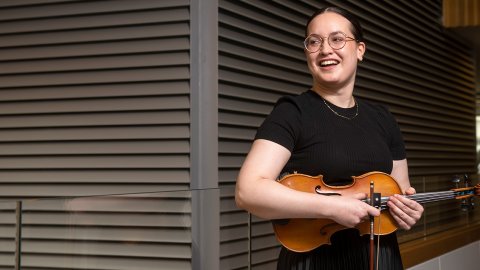Bipartite graphs with no K6 minor
Chudnovsky, M
Scott, A
Seymour, P
Spirkl, S
Journal of Combinatorial Theory: Series B
volume 164
68-104
(20 Sep 2023)
Polynomial bounds for chromatic number. V. Excluding a tree of radius two and a complete multipartite graph
Scott, A
Seymour, P
Journal of Combinatorial Theory, Series B
volume 164
473-491
(08 Nov 2023)
AdS Virasoro-Shapiro amplitude with KK modes
Fardelli, G
Hansen, T
Silva, J
Journal of High Energy Physics
volume 2023
issue 11
64
(10 Nov 2023)
Modeling polarity-driven laminar patterns in bilayer tissues with mixed signaling mechanisms
Moore, J
Dale, T
Woolley, T
SIAM Journal on Applied Dynamical Systems
volume 22
issue 4
2945-2990
(16 Oct 2023)
Automorphisms of relatively hyperbolic groups and the Farrell--Jones
Conjecture
Andrew, N
Guerch, Y
Hughes, S
(23 Nov 2023)
http://arxiv.org/abs/2311.14036v1
Conjecture
Uniform estimates for smooth polynomials over finite fields
Gorodetsky, O
Discrete Analysis
(2023)
Incidence bounds in positive characteristic via valuations and distality
Bays, M
Martin, J
Annales Henri Lebesgue
volume 6
627-641
(01 Jan 2023)
Density of compressible types and some consequences
Bays, M
Kaplan, I
Simon, P
Journal of the European Mathematical Society
1-43
(18 Feb 2024)
Elekes-Szabó for groups, and approximate subgroups in weak general position
Bays, M
Dobrowolski, J
Zou, T
Discrete Analysis
volume 2023
(26 May 2023)


